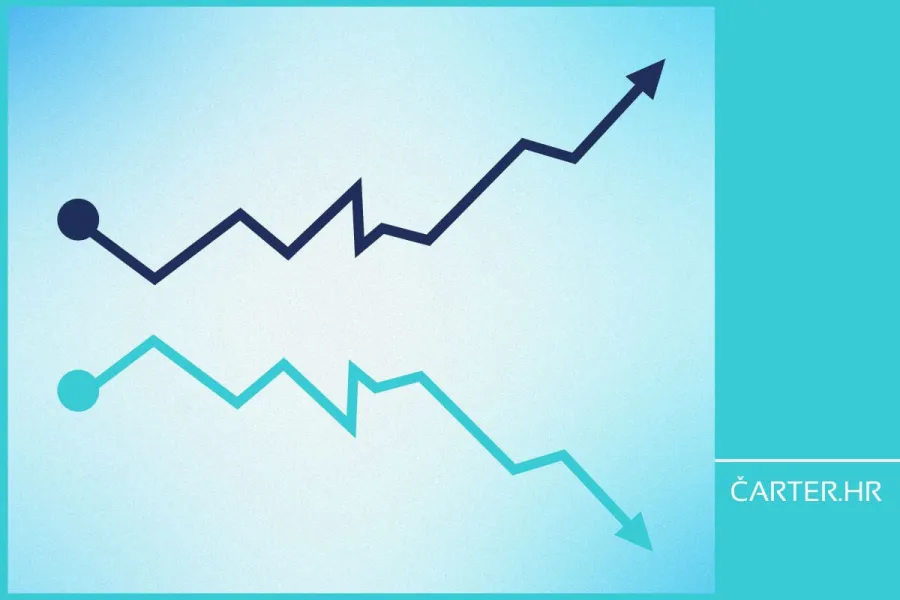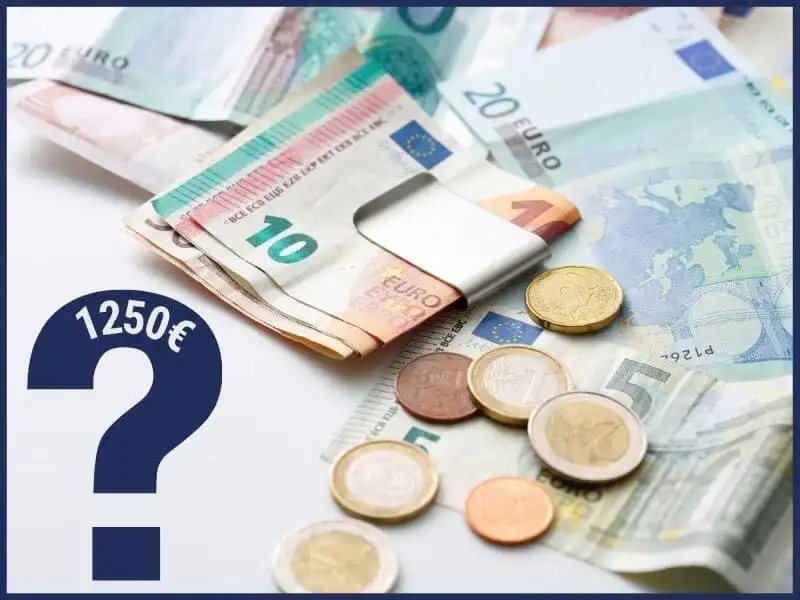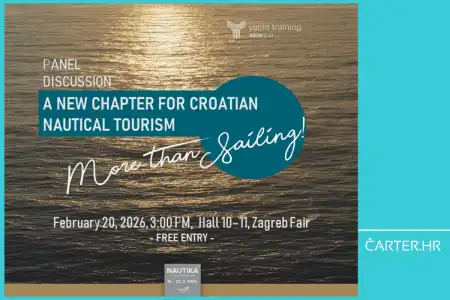
- 07.10.2025.
- News, Regulations
The growth of the minimum wage in Croatia has become a hot topic. Some see it as protection for workers, others as a burden that sinks the competitiveness of companies. In his new article Ivica Žuro dissects state interventions, compares the Croatian model with the European one and raises the question - where is this policy leading us?
Considering that in recent years in our market system the state has been setting administrative prices for a range of goods and services, half-jokingly and half-seriously we can say that it is a great pity the state, in agreement with the EU, has not set the minimum price and duration of yacht charter rentals.
One could even sing: All the things I could do, If I had a little money - I would count it with you…
But let us return to the essence, which is interventionism in capitalism that aims to help the vulnerable but in the end costs entrepreneurs and employers.
In addition to the usual regulatory burden coming from the EU - which, together with a lack of strong leadership, is one of the main challenges of the Union that has economic but not political strength - in our economy retail prices of food, energy, medicines, and recently even financial services are being strictly controlled.
The most significant and most intense intervention refers to the price of labor, and to a greater extent than in most EU member states. How much greater? Significantly.

Minimum wage - who is it that decides for us?
One of the things that especially raises the blood pressure of the real business sector is the administrative determination of the minimum wage. Especially in light of the fact that it is determined by the public administration, which in the last year and a half has significantly increased the average income.
In Croatia the minimum wage has increased by 92% since 2019, and the wage bill in the public sector by 58% in just two years. The problem is that this growth has not been accompanied by an adequate increase in productivity.
And not only that - the average salary in the public sector is now noticeably higher than in the private sector: +32% compared to a difference of +15% not so long ago in 2019, which additionally creates pressure on companies in the real sector to raise employee salaries regardless of their productivity or profitability.
Don’t worry about a thing, ’cause every little thing is perfect while revenue and profit grow now even if everything is not gonna be all right…
But the real problem is that the growth of wages along with the growth of other dependent business costs does not leave much room for investments in the growth of labor productivity. If skills are the same, the difference is made by technology if it can be afforded.
Labor productivity in Croatia is still below the EU and Central and Eastern European average. The Croatian National Bank confirms that the main cause of inflation is precisely wage growth, not company profits.
Due to state interventions, total labor costs amount to around 50% of GDP, for the first time above the EU average, while profitability per employee is half that of the EU and a quarter lower than the Central and Eastern European average. This significantly limits investment and modernization.

Slovenian recipe - less politics, more mathematics
After a strong multi-year growth of the minimum wage in Croatia, it is time to change the approach in its determination in order to preserve or improve the competitiveness of our companies. For example, in Slovenia the minimum wage, after intense growth from 2021 to 2023, was practically frozen.
According to the Slovenian Minimum Wage Act, its level is adjusted each year solely with the growth of living costs (the relevant data being the CPI inflation from December of the previous year), which protects the system from political interventions.
This model is one of the most transparent in the European Union. A similar approach is taken by Romania, which recently introduced a formula for determining the minimum wage based on the sum of inflation and real productivity growth. Automatic indexation to inflation is also applied in France (excluding tobacco products), Belgium (excluding alcohol, tobacco and fuel) and Cyprus. Inflation is the main reference in the Netherlands, Portugal and Spain as well.
In Croatia the minimum wage has increased by 92% since 2019, and the wage bill in the public sector by 58% in just two years. The problem is that this growth has not been accompanied by an adequate increase in productivity.
When the growth of the minimum wage does not follow the growth of productivity
What is particularly worrying is the gap in tourism where the minimum wage is rising by 10.1%, while the gross value added per employee is only 6.7%. This signals a deterioration in cost competitiveness.
The consequences are clearly visible: a decline in export capacity, closure of plants, stagnation of margins and investments, especially in industry, tourism, trade, logistics and construction - all sectors that are strong in Croatia.
Productivity growth is also hampered by the market anomaly that households in Croatia pay a lower price for electricity than wholesale buyers, which distorts market relations and weakens the economy. In most EU countries large companies pay a lower price for electricity than households, which sends a clear message about strengthening the economy and competitiveness. However, in Croatia large consumers have been paying 12% more than the EU average for two years, which further complicates business operations.
Of course that price can be lower and of course hundreds of millions of euros can be paid annually to domestic electricity producers instead of buying electricity from neighbors except only in extremely rare situations when there is no other choice.
And to achieve this, it is necessary to create a prerequisite in the form of the final determination of the methodology for calculating the connection fee to the grid by the regulatory agency.
Renewable energy projects worth 2.6 billion euros and with a total capacity of over 2,600 MWh have been waiting for connection for three years because the energy regulatory agency HERA has still not made a decision on that methodology. Without it we can only dream of a functional, predictable and sustainable energy system and developing modern industry on it.

Croatian plan? Higher minimum wage, lower competitiveness
Croatia plans to raise the gross minimum wage to 1,250 EUR by 2028, which is more than the ambitions of Portugal (1,190 EUR) and all Central and Eastern European countries. Such growth further jeopardizes competitiveness in the upcoming challenging economic period.
With this approach, messages are being sent about weak confidence in market mechanisms and state interventionism is being encouraged to the greatest extent, instead of market competition prevailing.
We sincerely hope that this growth will be organic, based on real economic indicators, and not imposed administratively.
Categories of trends
- News
- Sale
- Marketing
- SEO
- Web design
- Social media
- Technology
- Regulations
- Management
- Education
- Finances
- User experience
Newsletter
Sign up for the newsletter and receive the latest trends and tips straight to your inbox





